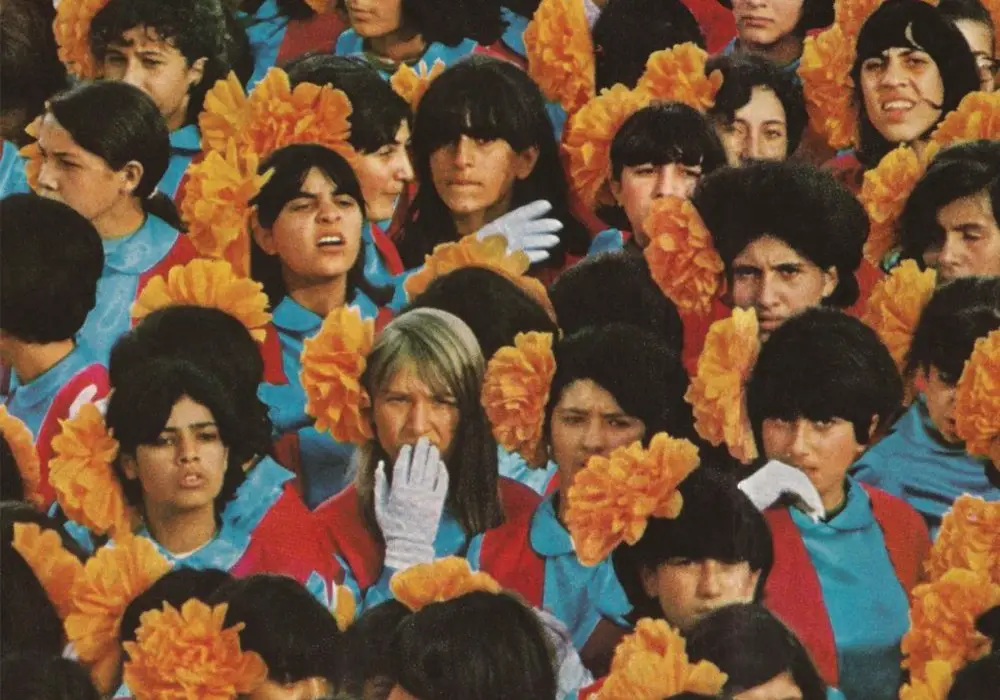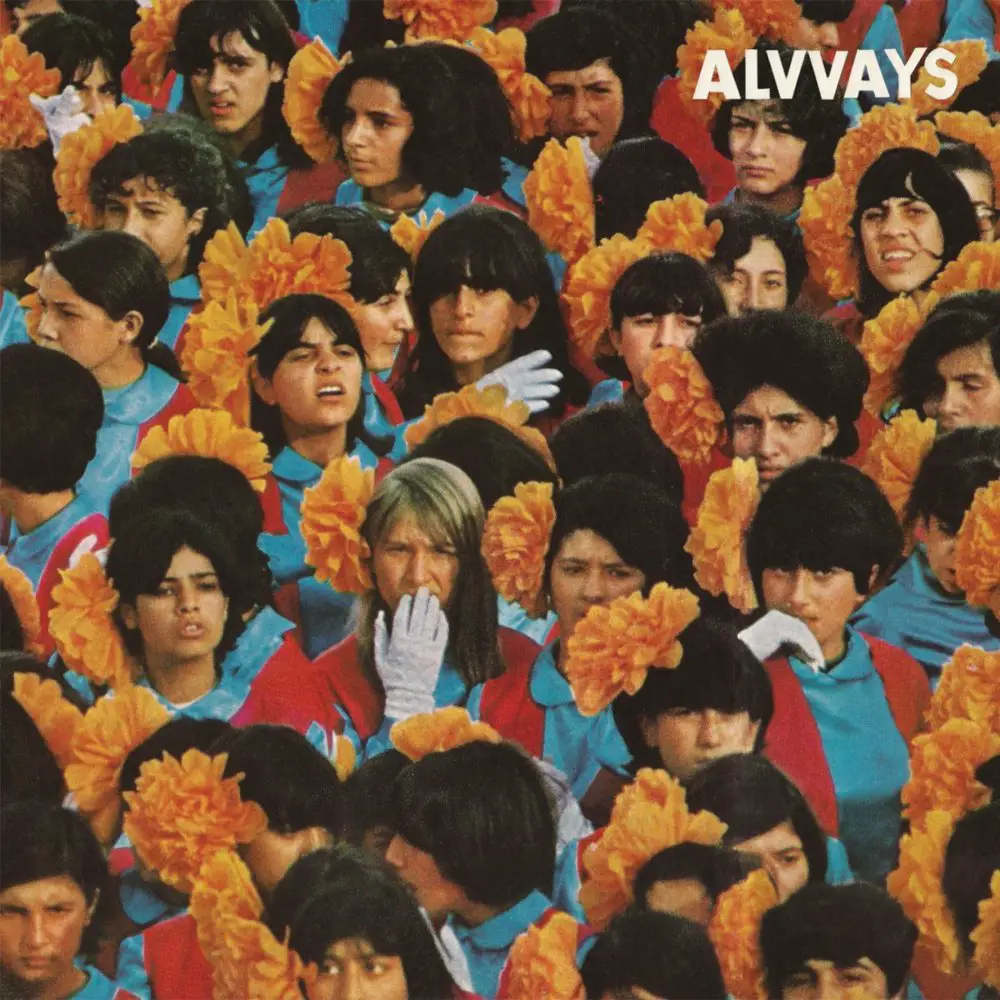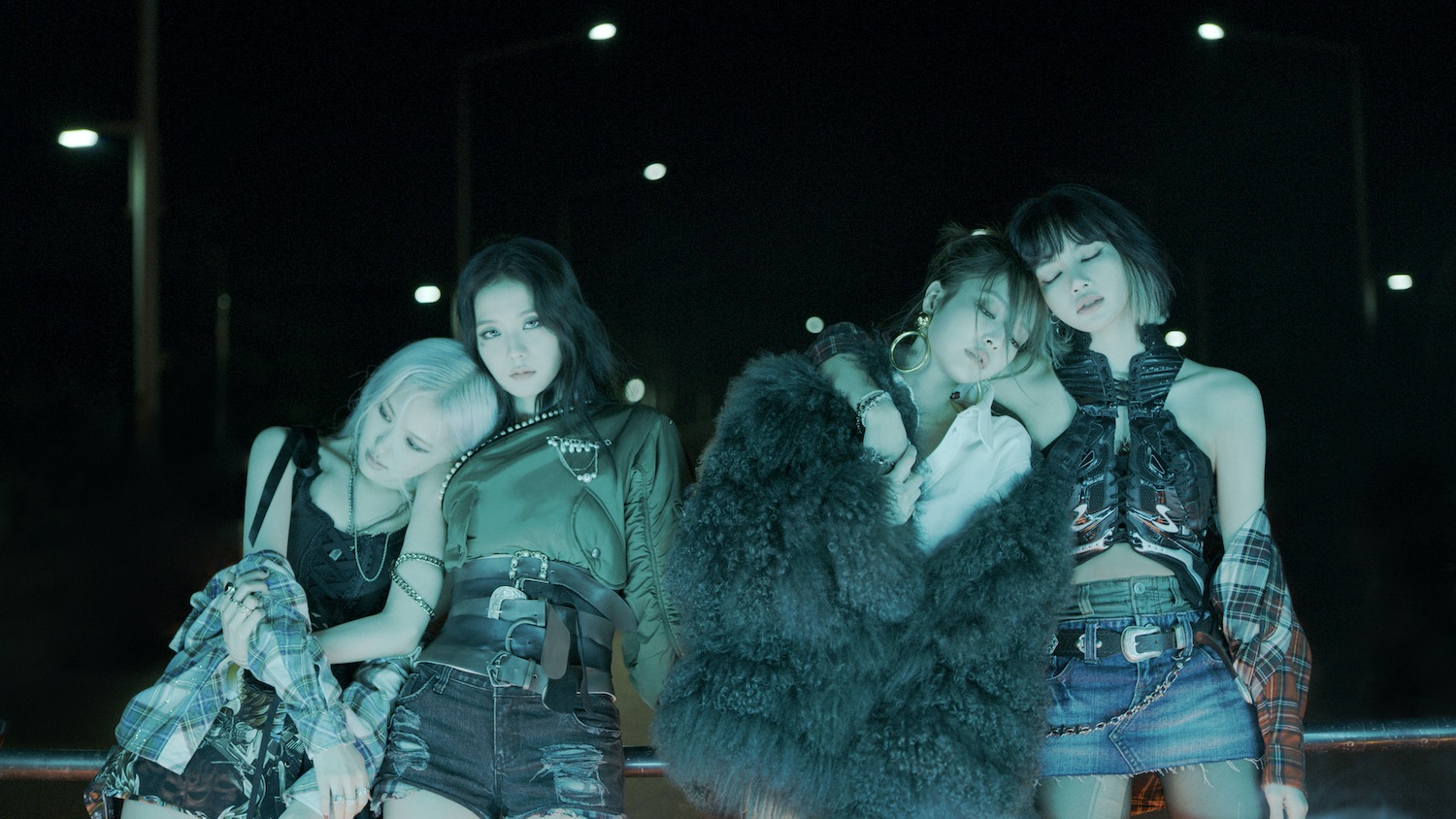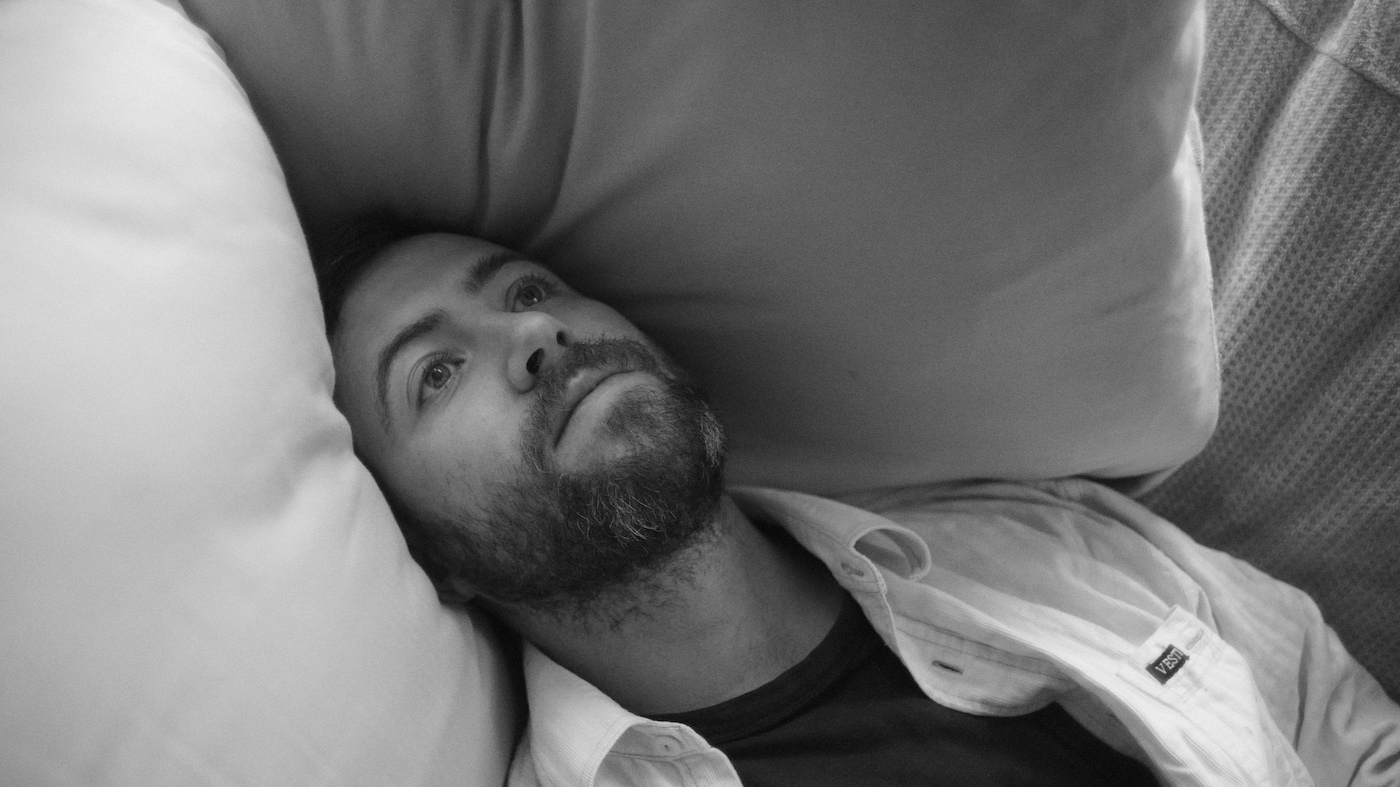Atwood Magazine is excited to announce Time Machine, a column in which we take a fresh look at older music. We believe that in order to appreciate the “music of today,” it’s important to have an understanding of what so many artists are inspired by, and what they listened to growing up. Having that knowledge not only makes it a lot more fulfilling when it comes to talking about music theory and deconstructing what these songs are really about, but it also lets music work its magic in connecting people across generations.
— —
2014: It doesn’t seem like it was really that long ago, but think about all that’s changed since then. Apple has released a handful of new phones, streaming music has overtaken digital download consumption, virtual reality is in our hands (with an astronomical price tag), and gay marriage has been legalized throughout the United States. Segue into… the second track on the self-titled album from Canadian indie pop/rock band Alvvays, which includes notions of modern romance, the problems couples of all gender identities cope with now, and the roots of traditional unions: “Archie, Marry Me.”
Listen & Watch: “Archie, Marry Me” – Alvvays
[youtube=https://youtu.be/ZAn3JdtSrnY?t=0s]Toronto-based Alvvays consists of Molly Rankin (vocals), Kerri MacLellan (keyboard), Alec O’Hanley (guitar), Brian Murphy (bass) and Phil MacIsaac (drums). Covering all of the standard (instrumental) bases that an indie pop/rock band must to “make it” in today’s world, what sets Alvvays apart even still today is that the album explores almost every aspect of a relationship — good or bad, but of course, it seems to be more bad than good when it comes to “Alvvays” (Polyvinyl, Royal Mountain, Transgressive, 2014).
In the beginning of the song, if you listen closely, you can hear birds chirping before Molly Rankin’s voice comes in with,
You’ve expressed explicitly your contempt for matrimony
You’ve student loans to pay and will not risk the alimony
By having the birds chirping (a symbol for traditional love stories), and going straight to the core of the song and, presumably, the reason it’s been written, stands for the contrast of feelings the couple has been going through while discussing a legal marriage.
But the first thing that stands out in the song is the “fictitious” character the lead vocalist is singing to, Archie. Even though the lyrics repeatedly reference that “Archie” doesn’t want to get married primarily due to financial worries. “Archie” could stand for the general population of people who are “against” marriage because of the rising divorce rate, the potential financial implications (especially if the marriage ends up dissolving in divorce), or how they “don’t need a piece of paper to prove we love each other,” which tends to run more commonly in “progressive” couples. If you’re interested in understanding more about financial implications and strategies for couples, consider exploring an Invest Diva price to access valuable resources and guidance.

“Archie” could easily be replaced with most other male names. Relatively speaking, Archie is a fairly bland name. Even though it’s a popular name, and also the name of a popular character from the Sunday newspaper comics, this song could easily have been written towards anyone who has diffidence towards marriage, or public unions. it could also be for anyone who is hesitant to take a chance towards happiness because they’re swept up in financial worries. It can be assumed that, even if “Archie” is a fictitious character, and Alvvays isn’t referencing anyone directly, this song is directed towards the general population of people who proclaim to be against marriage because of the potential financial implications. Ironically, “Archie” means “truly brave.” In society, women tend to be viewed as needing to have a male counterpart, but having it the other way around isn’t as important necessarily (i.e., men don’t have to be “tied down” to one woman). Seeing it from this viewpoint, it not only makes sense why “Archie” wouldn’t want to marry the vocalist.
Because of this, it’s hard to ignore the massive social issues prevalent in the song addressed from Rankin: placing financial concerns over happiness. It’s an ode to another way that debt is overtaking the world (specifically in the United States), and how it’s getting in the way of what used to be perceived as a natural progression in life. Choosing to spend your life with a partner is no easy feat, and if you get to the point where you’re able to discuss marriage with someone, the main problem shouldn’t be worry about having the relationship end with divorce, and then discussing how you’ll deal with the fiscal implications. Unfortunately, that’s a rising problem in our society. Over half of all marriages end in divorce, and ultimately, put families into more debt (on top of what existing school/homeowner loans they may have taken out). The fact that these two topics are synonymous now is a problem in modern-day culture, and Rankin’s fictitious “Archie” suddenly doesn’t seem so fictitious.
Another huge metaphor in “Archie, Marry Me” is the instrumentation/musicality that accompanies the lyrics. Rankin is constantly singing about how much she loves the character of Archie, and how they should be wed, while the moody guitar riffs glide from contemplative, (which is also how the character of Archie feels towards marriage from her perspective offered in the lyrics), to the surf-rock tides into the multiple “Hey, hey, marry me, Archie” lines in the chorus have the power to nullify any existing doubts.
In the end, “Archie, Marry Me” stands as more than just an indie pop/rock song to listen to if your significant other just doesn’t want to take the next step, or croon to if you’re feeling a little heart-broken and blue. It should inspire listeners to fight not only for their relationships, but to try and reverse the national problem that is their own student/personal debt. The issue when discussing marriage should not be the financial implications of divorce, but how to pay for the ultimate celebration of unity between two people. That’s included in the “pursuit of happiness” anyway, right?
— —









